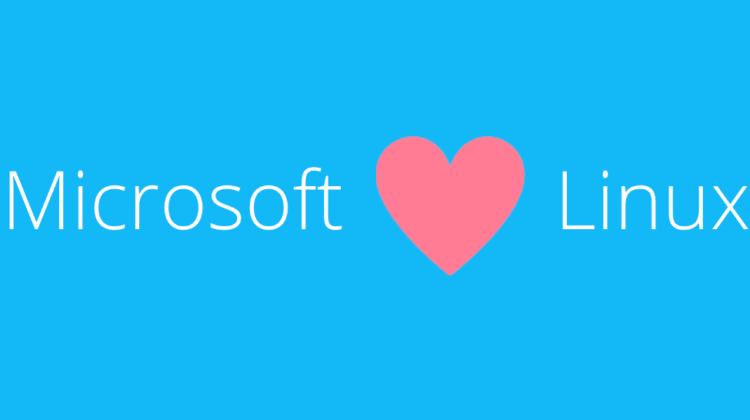
The Founder’s Guide:
Build prototypes that can use both Windows and Linux programs
Embrace, Extend, and Extinguish (EEE) is a strategy that refers to creating a product that’s compatible with open standards, adding new features to the product, and using those features to gain a strong competitive advantage. It applies to corporations that use their market dominance to gain unofficial ownership of open standards. This is something that Microsoft is known for which is why many users doubt its recent support of Linux and open source.
“Linux is a cancer that attaches itself in an intellectual property sense to everything it touches.”
— Steve Ballmer —
However, there are others that believe Microsoft has had a genuine change of heart regarding open source which may stem from the changing market. It could be related to the fact that server products and cloud services have become their largest and fastest growing source of revenue which includes Azure. This is interesting because Azure is considered a large revenue driver within its segment and over 50% of the virtual machines it runs are Linux.
Microsoft has been achieving some pretty impressive milestones that are congruent with their claims about embracing Linux and open source. It currently employs over 35,000 engineers that contribute to open source projects and maintains over 3,800 open source projects like PowerShell, Windows Terminal, .NET Core, and Visual Studio Code. It also uses over 150,000 open source components to build its products and services.
“Microsoft loves Linux.” — Satya Nadella —
Microsoft has also performed a few noteworthy acts of good faith in the open source community such as donating 60,000 of its patents to Open Invention Network (OIN). It acquired Xamarin and redistributed their formerly expensive products and services to developers for free. It also acquired GitHub and upgraded their free plan to include an unlimited number of public repositories, private repositories, and collaborators.
“We are all in on open source.” — Satya Nadella —
Microsoft has also been contributing and building relationships in the open source community. It has served as either the founding member, joining member, contributing member, and or sponsor of numerous open source related organizations and initiatives. It has also built ongoing partnerships with organizations like Canonical which helped bring operating systems such as Ubuntu to Windows 10 in Windows Subsystem for Linux 2 (WSL2).
